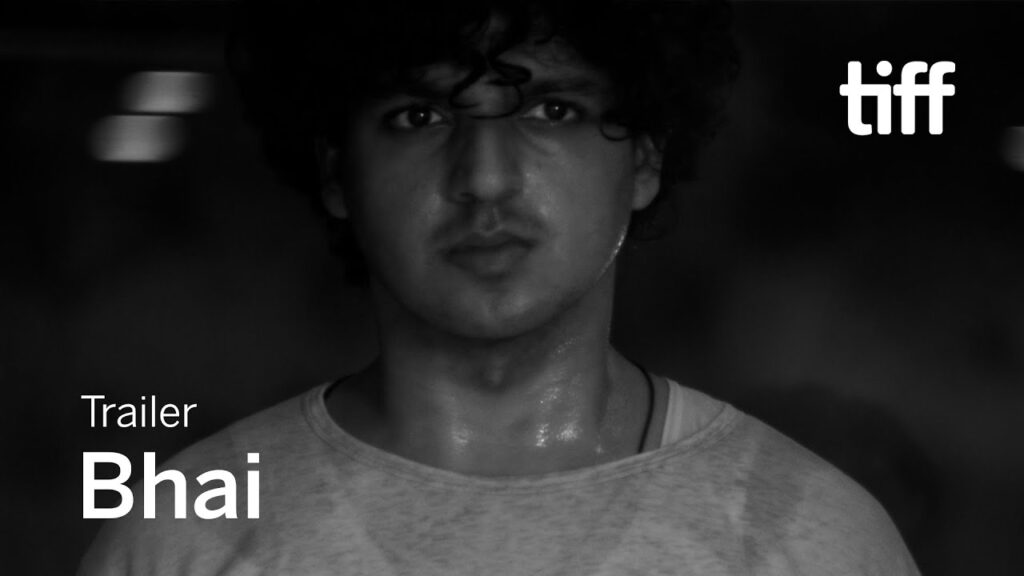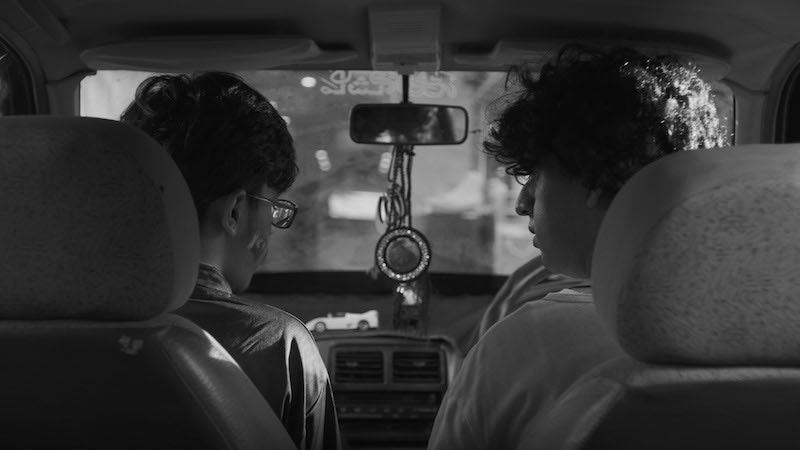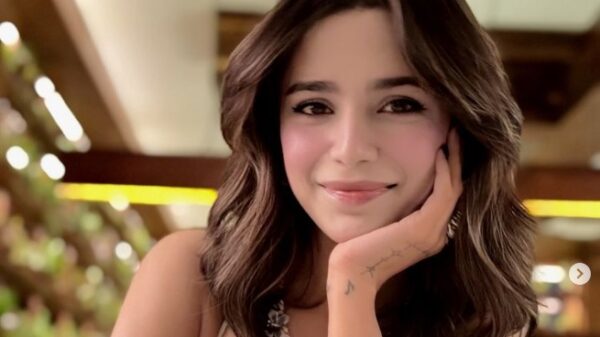The story revolves around two brothers–one from the autism spectrum–who explores the choices we make, shame, trauma and brotherhood has just made it to one of the most prestigious film festivals in the world— the Toronto International Film Festival (TIFF). The short film will be screened at the festival in September.
The film, titled Bhai, has been directed and written by Hamza Bangash. A very interesting element of the film considered by him was that the actor playing the brother on the autism spectrum identifies as differently-abled. His name is Ayan Javaid and Bhai marks his film debut.
It is almost never that we see productions that cast differently-abled people to play differently-abled people in films. More often than not, the only representation we see of differently-abled people is through the lens and acting of people who are non-disabled.
“On Pakistan’s Independence Day, two brothers go out to celebrate together at a biryani restaurant. One of the brothers is on the autism spectrum, and he has an episode while he waits for his older brother to return from picking up their food. The older brother watches his younger brother struggle from inside the restaurant, and must decide what to do. Does he have the courage to help his autistic brother, or will he ignore his plight? The film is about the choices we make, shame, trauma, brotherhood and finding a small sliver of happiness in a brutal world,” reads the official synopsis of the film.

“The film was inspired by the experiences of my collaborator, Mohammad Ali Hashmi — who also plays the role of the co-lead in the film,” Bangash told Images. “Hashmi grew up with a younger sister who is differently-abled. In Pakistan, people who are differently-abled are often hidden away from society, and when depicted in mainstream media — the conversation can be hugely irresponsible,” he explained.
“I remember watching the Pakistani drama Phaans, and was shocked when it was revealed that the “autistic’ character turned out to be falsely behaving in such a manner so that he could get away with sexual violence. To villainise an already stigmatised community through the media infuriates me,” the director said. “It was part of the reason I wanted to create authentic representation with Bhai.”
The team worked with Special Olympics Pakistan, and through it, met Javaid and his mother Wajiha. “Ayan is differently-abled, and is also an incredible animation artist, musician and has a sharp and funny sense of humour. I knew he would be perfect for the lead role of the film,” Bangash said. “We casted him prior to the pandemic, and then spent most of our pandemic year doing Zoom rehearsals together. It was incredibly fulfilling for me to work with him, and to learn new ways to direct performers.”
Bangash said that he hoped his work would encourage Pakistani’s mainstream directors to offer more roles to He said he hopes it encourages Pakistan’s mainstream directors to offer more roles to people who are differently-abled as they are more than capable and can make films/cinema so much better through their nuanced performances and richly textured experiences.
Independence Day and Bhai
Setting the film on Independence Day had a purpose. “I wanted the film to be on Independence Day, as I was interested in showing a day of celebration but from the lens of someone who is ostracized from society.”
What does it mean to be Pakistani, when you are not afforded the privilege of a place in Pakistani society? How do you celebrate and still find joy and happiness when there is sometimes so little to be joyful about. Celebration is often about the small things — like a plate of biryani — and that is what we try to show in Bhai,” he explained.
The film is shot from the perspectives of both brothers and shifts as the story unfolds, Bangash explained. “It is centered on their relationship, on a fragile bond that is put to the test. Family is a pillar of Pakistani society, and it can often be a toxic place for many, looking at the huge rise of violence/ femicide in the last few days. With Bhai I want to show the good, the bad, and the resilience of that relationship.”
The filmmaker explained that he has been making short films in Karachi for the last seven years and that this is his last one. “Bhai brings together so many elements of my life in the city — of the heat, the energy, the chaos of big city life. At the same time, it’s about two people finding a small moment of happiness — despite the odds being stacked against them,” Bangash said.
“That’s what I love about Karachi, the resilience of the people against all odds. Karachiites shouldn’t have to be so tough, but continue to be so, despite everything. I want to honour that experience.”
Bhai has been executive produced by Mina Husain of the Pakistan institute of Living and Learning (PILL) and Salman Ahmed. It has been co-produced by Taha Sabri of Taskeen and Westbury Group. Carol Noronha acts as the producer, with Ammar Ul Haque as the DOP.










